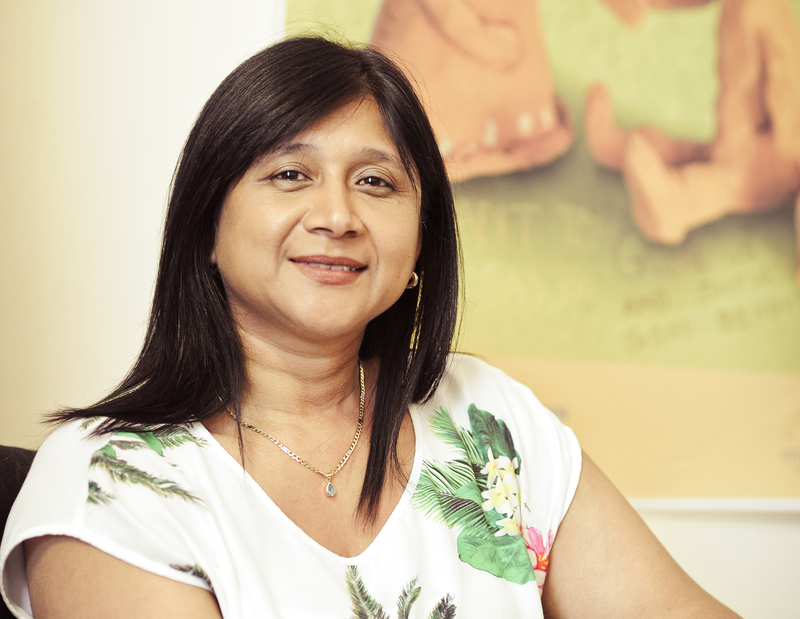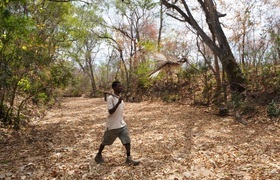Institute says "enough" to violence against children
06 March 2013 | Story by Newsroom
"Our work is informed by the major issues affecting children in South Africa, like HIV/AIDS, violence and child mortality and morbidity," says Mathews.
In South Africa, children have limited voice.
"We don't really understand what children want. Through our research, we give them a voice," says Mathews.
A key activity is the annual Child Gauge, a book that serves as a barometer "on the status of children in South Africa".
"We look at the major issues that affect children in South Africa, and when it comes to the question of violence, although we do not have accurate figures for the number of children affected, what we do know is that we are dealing with very large numbers," says Mathews.
Studies in the Eastern Cape show that one-third of girls in the area have experienced sexual violence, and when it comes to physical and emotional abuse, the rate rockets to almost 90%.
"The biggest problem is that we do not have national statistics. We do not know how big the problem is," says Mathews. "When it comes to sexual assault, we have statistics only for those cases that are reported to the police. For the year 2010 to 2011, 56 000 cases of sexual assault were reported, of which just under half involved children. But according to the Medical Research Council only one-tenth of all such cases are actually reported to the police".
Mathews recently concluded a study on child homicides in South Africa, which showed that three children are killed every day. Just under half of these children die as the result of child abuse, yet many child abuse fatalities fall through the cracks. The institute plans to conduct a pilot study this year to evaluate the efficacy of child death reviews as a mechanism to improve identification and outcomes of cases.
"It's a question of looking at what happens in these cases, and how these deaths could have been prevented," says Mathews.
Mathews is no stranger to the dark side of our society. Part of her PhD research looked at the how men come to kill an intimate partner. South Africa has the highest rate of intimate femicide in the world, with a recent study showing that in 57% of all female homicide cases the perpetrators were the victims' intimate partners.
"I interviewed a range of men in prison who had killed their intimate partners. In most cases the women concerned were a lot younger than their partners and were involved in common-law relationships," says Mathews.
All the perpetrators spoke about their harsh childhoods, and in many cases their parenting experiences were abusive. Most had fathers who were either absent or simply not involved in their upbringing. In some cases, their mothers were either abusive or emotionally unavailable.
"These men were searching for love and respect, and many of their families were unable to give them what they were looking for. The relationships between mothers and sons were often very complex, and this translated a lot into their own interpersonal relationships later in life," Mathews says.
 This work is licensed under a Creative Commons Attribution-NoDerivatives 4.0 International License.
This work is licensed under a Creative Commons Attribution-NoDerivatives 4.0 International License.
Please view the republishing articles page for more information.










